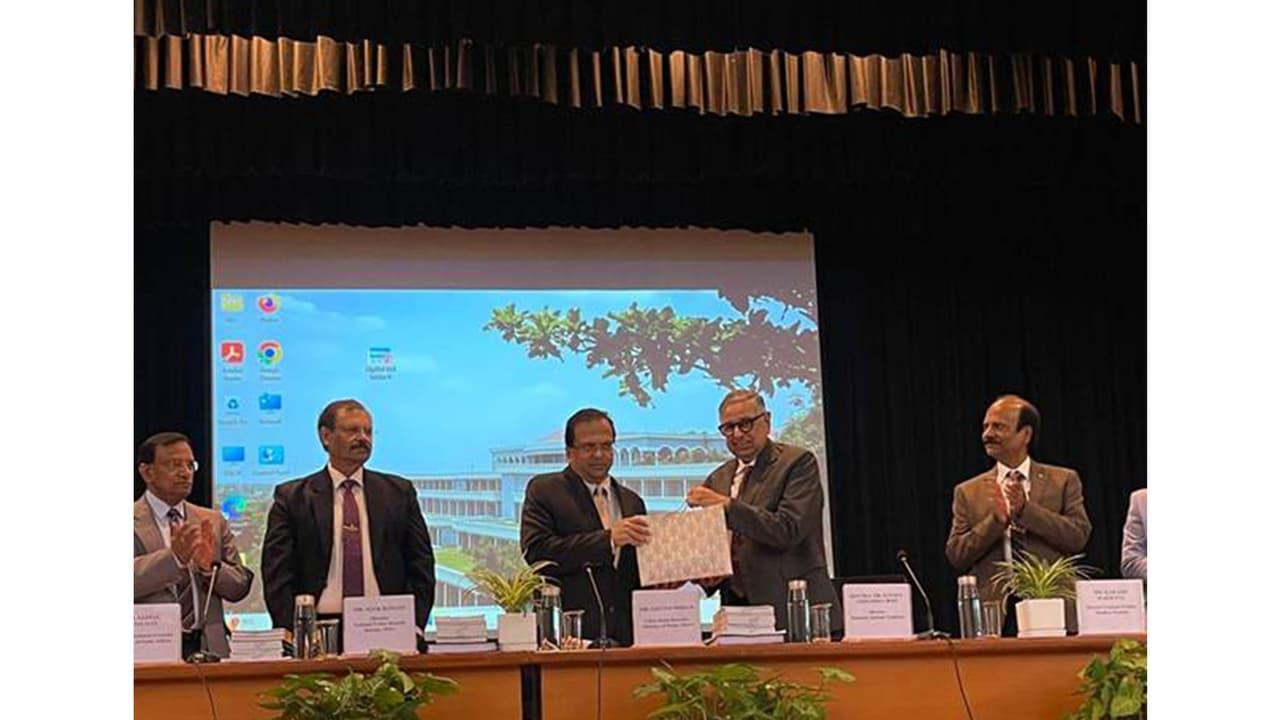
MHA Hosts National Conference On New Criminal Laws In Bhopal For States
The Ministry of Home Affairs and the National Judicial Academy Bhopal hosted a two-day National Conference on three New Criminal Laws in Bhopal on 8-9 November, 2025. The conference was attended by 120 participants from all states/UTs, covering three major pillars of the criminal justice system, i.e., Judiciary, Prosecution and Police. The resource persons were drawn from academic institutions and served senior practitioners.
A New Era of Speedy Justice
Addressing the two-day National Conference, Union Home Secretary Govind Mohan said that under the leadership of Prime Minister Narendra Modi, the Government of India is building a secure, transparent, and evidence-based criminal justice system. Mohan said that under the guidance of Union Home Minister and Minister of Cooperation, Amit Shah, the country has ushered in a new era of speedy justice.
Key Institutional Contributions and Innovations
He reiterated that the new Criminal Laws aim at decolonising India's criminal justice system and making it more victim-centric and technology-enabled. He appreciated a key institutional contribution to the implementation of these laws from the National Judicial Academy, Bhopal, which has drafted model rules / standard operating procedures for key technological innovations introduced under the new framework. These include e-Sakshya (electronic evidence), e-Summon (digital issuance and delivery of legal notices), community service (as an alternative sentencing mechanism), and Nyay Shruti (audio-visual systems for accessible justice delivery).
Technology as the Bedrock for a Faster System
Union Home Secretary said technology forms the bedrock of the New Criminal Laws, which aim to ensure a faster and more efficient justice delivery system by addressing the long-standing issue of delays. The new laws introduce several provisions designed to minimise delays in investigation, trial, and other procedural stages. He said that the e-Committee of the Hon'ble Supreme Court of India has played a pivotal role in driving the technological integration necessary for the effective implementation of the new laws.
Future Focus: Implementation and Digitisation
Union Home Secretary said that going forward, the focus must now shift to sustained adoption, continuous improvement, and institutionalisation of the reforms introduced under the three new criminal laws. State Governments should establish dedicated monitoring mechanisms to assess the progress of implementation, identify operational bottlenecks, and ensure timely updates of rules, notifications, and SOPs in alignment with evolving judicial and technological needs. Police departments must prioritise complete digitisation of investigation and prosecution workflows, ensuring that systems such as e-Sakshya, e-Summons and ICJS are used as the default mode of operation. (ANI)
(Except for the headline, this story has not been edited by Asianet Newsable English staff and is published from a syndicated feed.) Legal Disclaimer:
MENAFN provides the
information “as is” without warranty of any kind. We do not accept
any responsibility or liability for the accuracy, content, images,
videos, licenses, completeness, legality, or reliability of the information
contained in this article. If you have any complaints or copyright
issues related to this article, kindly contact the provider above.

















Comments
No comment